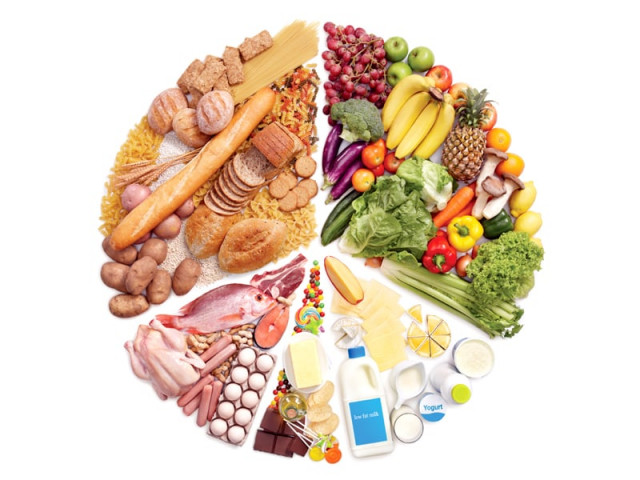Painful death: Volatile food prices bring many close to the ledge
Pakistan has one of the highest food insecurity in developing countries.

As the summer heat wave approaches, there is another kind of epidemic that affects this power starved nation – the volatile food prices. The average person in the country is living below the poverty line, of less than $2 a day. Every new child born picks up an average debt of Rs70,000 while less than 10% of the population holds over 80% of the country’s total wealth.
In the marketplace today, prices of commodities have increased manifold. A labourer’s daily wage is not even half of his daily cost. Medicines are expensive and fuel prices beyond comprehension. A father cannot afford private schooling for his child and government schools do not have teachers who can teach or provide clean water to a child as minimum standards stand compromised. In Pakistan, an average child cannot afford to drink six clean glasses of water per day.
The vicious cycle of consumer theft, capitalism and government borrowing adds fuel to the fire. People steal electricity to survive the summer which affects the money supply of power distribution companies like Karachi Electric Supply Company, which in turn are unable to pay money to power generation companies, independent power producers, who supply the power. This then leaves IPPs without any funds to pay international oil companies, drastically increasing our imports of the fuel. In all this fiasco, the average human being living in our villages and cities is suffering and sustaining emotional and social breakdown, with hunger towering every other demand. A hungry nation becomes a dangerous one, as people looking for food resort to other violence and illegal means, even criminal means to bring food on the table as systems fail and governance dies.
The vicious cycle caries on unabated, with the government not fully understanding that Pakistan today, has one of the highest food insecurity numbers within the developing world nations as the numbers speak for themselves.
According to the World Bank’s food price watch, a further 10% increase in global prices could drive an additional 10 million people below the extreme poverty line. A 30% price hike could lead to another 34 million more poor. This is in addition to the 44 million people who have been driven below since June 2010 price hikes. Worldwide, there are 1.2 billion people living below the poverty line of US $1.25 a day. By the end of this fiscal year, we can add another 45% further increase in almost most commodities, pushing people further into poverty.
Food prices globally have risen due to export restrictions, high use of bio-fuel production, low global stocks and instability due to war and conflicts. Locally, there are additional issues like corruption, lack of concrete budgetary measures, overestimation and underestimation of cost and revenue figures, financial mismanagement at various levels in the economic system. All in turn affect the bottom line – leaving thousands more hungry every day.
Our economic wizards must analyse the poorest 10% of the country’s population and check how much of their budget is spent on food, to get the actual food price and to further evaluate how many poor people in Pakistan are actually falling below the poverty line. Institutions like World Bank are putting their due share to help countries like ours through programmes like Global Food Crisis Response Program, which is helping 40 low income countries through almost $1.5 billion in support.
By working with World Health Organization and World Bank, we can further contribute to help feed our people as almost 22 million children are given food, medicine & basic life saving support. Instead of focusing on the worlds most serious issue by fixing the CPI and reducing food prices, the government of Pakistan is busy elsewhere. We should be monitoring agricultural trade to identify potential food shortages right away, before we end up driving our poor people to the brink of the biggest disaster and leave countless hungry men women and children, breathless & starved.
The writer is a banker and broadcaster for FM91.
Published in The Express Tribune, May 21st, 2012.



















COMMENTS
Comments are moderated and generally will be posted if they are on-topic and not abusive.
For more information, please see our Comments FAQ